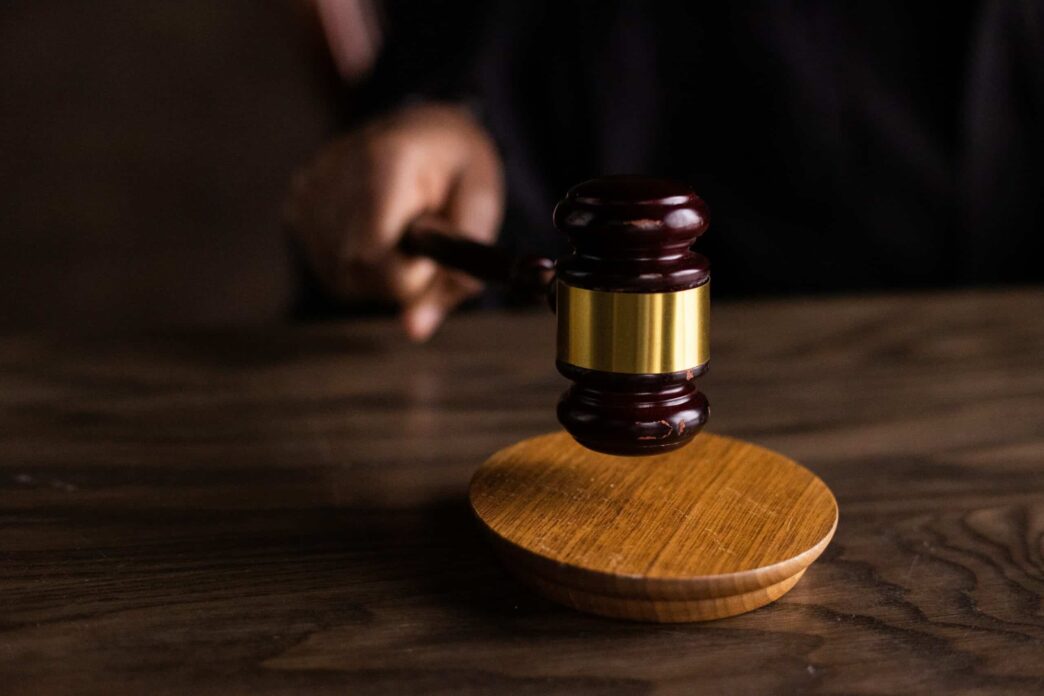A personal injury claim is an action brought in court to recover compensation for bodily or psychological harm caused by another person’s conduct or negligence. In this case, the plaintiff, who has been hurt, seeks compensation from the defendant, the liable party. A personal injury suit aims to bring financial compensation and justice for those unlawfully hurt.
Murphy Injury Lawyer emphasizes that time is a crucial factor in the success of a personal injury claim. The longer a claimant waits, the more challenging it can be to secure fair compensation. Delaying a personal injury claim will not lead to a successful case outcome, so it is important to speed up the claiming process.
Concept of Personal Injury
A personal injury claim is a legal action for the damages caused by another party’s negligence. It can encompass car accidents, slip and fall injuries, medical malpractice, and workplace accidents. A personal injury claim mainly aims to compensate the injured party for damages. The compensation can include medical expenses, lost wages, and pain.
Statutes of Limitation
Compensation claims can be delayed due to recovery aversion, injury severity, or overwhelming legal procedures. However, there is a legal deadline that dictates the period during which an injured party can file a claim, most commonly referred to as statutes of limitation.
The statutes of limitation vary in different states, and the type of injuries caused to the plaintiff may vary. However, in most cases, it ranges from one to three years. Once this timeline passes, the injured party loses the right to file a lawsuit, no matter how strong their case might be.
Deterioration of Evidence
One of the most common challenges of forming a solid injury case is collecting and preserving evidence. Evidence is the primary source of information about the injury, and it forms the foundation of the case to be presented in court. Evidence may include medical records, police reports, eyewitness testimonies, photographs of the scene, and more.
However, with time, evidence can deteriorate or disappear entirely. The longer the injured party waits to file a claim, the more likely it is that the evidence will become more difficult to obtain or may not fully reflect the severity of the injury.
Counter Arguments
In some cases, insurance companies or defense attorneys may use the delay against the claimant, arguing that the injury is not as severe as claimed or that the delay indicates the injury is unrelated to the incident. The delay may indicate that the claim is exaggerated or fraudulent.
Insurance adjusters leverage delays in settlement negotiations, offering lower amounts to avoid financial pressure. Prompt filing of claims with solid evidence increases dominance and fairness in negotiations.
Challenges Faced by the Plaintiff
The process of claiming compensation for personal injury in court is emotionally draining and causes stress, anxiety, and frustration in the victim. Delaying a claim can exacerbate these feelings and prolong the difficult period for the injured person. However, attorneys understand the importance of prompt filing of a claim. They can help reduce emotional burden and provide closure once the case is resolved. It allows injured parties to focus on recovery rather than the daunting courtroom formalities.
If a plaintiff isn’t compensated fairly, they might suffer a lot to cover the built-up expenses, including medical bills, lost wages, and ongoing treatment costs. People often get forced to take out loans or use their savings to manage their costs.
Delays in filing personal injury claims can lead to legal complications, weaken the case, and raise questions about the claimant’s injury credibility. Acting promptly can avoid these pitfalls and ensure a smooth, efficient handling of the case.









